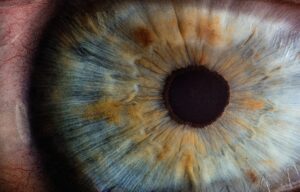
Treatment Options for Corneal Disease
Several treatment options are available to help individuals who live with corneal disease find some relief.
Contact Lenses
Individuals who have been diagnosed with corneal dystrophies or keratoconus may be prescribed specialized contact lenses. The type of lens used will depend on the severity of the disease. In some cases, individuals may benefit most from soft and rigid lenses. Those who have early-stage keratoconus typically have more options, such as wearing eyeglasses instead. If the condition worsens, individuals may need laser therapy or transplantation to help.
Basic Treatments
In many cases, patients are given eyedrops to help address some of the mild symptoms often reported with corneal diseases. These eyedrops often contain antibiotics or antifungals. Ointments may also be prescribed to help treat various types of corneal diseases. In some cases, patients may receive eyedrops that have both steroids and anti-inflammatory medications in them.
Corneal Transplants
Individuals who have been diagnosed with lattice corneal dystrophy, keratoconus, iridocorneal endothelial syndrome, and multiple other diseases may need to undergo a corneal transplant. During this procedure, an ophthalmologist uses a medical instrument known as a trephine to remove the existing cornea. A donor cornea is then sutured in its place. Specialized eyedrops are then given to speed up the healing process.
It is best to speak with our board-certified ophthalmologists and our optometrist at Eye Care Institute to determine the best treatment option to help with your specific condition.
Schedule a Corneal Treatment Consultation Today
If you have a corneal disease and are interested in exploring the different treatment options available, contact our team at Eye Care Institute in Santa Rosa, CA, by calling 707-546-9800 or booking an appointment online. We are here to help determine the most appropriate treatment options available for you.